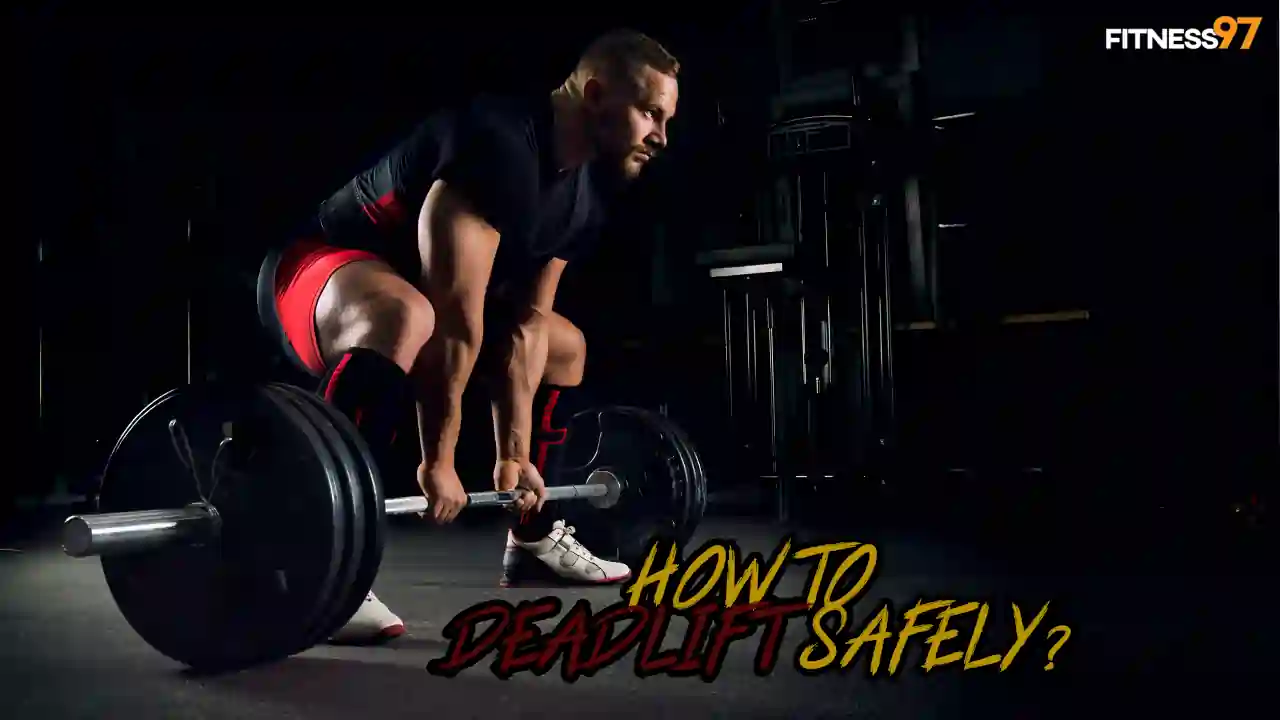You might have noticed that when you exercise, you get shortness of breath, and experience increased heartbeat and heart rate. The more intense the exercise gets, the faster the heart beats, and the faster the heart rate gets. Ever wondered why heart rate increases during exercise or never thought about it? In both cases, we have got answers to this question.

Heart Rate: Is It Affected By Exercise?
Yes, it is. Our heart is composed of muscles that get efficient with exercise over time. When you exercise, the muscles in the body push the blood around and put less strain on your heart, making it strong over time. These muscles circulate the blood in the body and take some strain off the heart. The intensity of exercise is directly linked to heart rate. This circulates the blood to the muscles so that they get oxygen and nutrients to keep working.
As exercise increases the heart rate, we wonder why it increases it.
Why Does Heart Rate Increase During Exercise?
The increased heart rate depicts the working of muscles. The blood flow to the heart increases during exercise about 4-5 times as compared to when you are in a resting state. When you exercise, your muscles work hard and need extra oxygen to power the growing amount of work. The muscles need about 3 times more oxygen during exercise than the resting muscles. To deal with the rise in oxygen demand, the body responds by increasing the heart rate, beating the heart faster, and increasing the heart contraction rate to supply and fulfill the increased oxygen demands of the body which results in a quicker pulse as well.
Moreover, when you exercise, your sympathetic nervous system releases nor-epinephrine that stimulates sympathetic nerves which increases your breathing rate to take increased oxygen to the bloodstream. The veins also constrict because of sympathetic nerve stimulation. This increases the heartbeat to send oxygen-rich blood to muscles.
The only question here is whether it is safe to have an increased heart rate during exercise for health or not. So, let’s get an answer to it.
Is It Safe To Have An Increased Heart Rate During Exercise?
Yes, it is completely safe but rather necessary to have an increased rate during exercise but only when the intensity is adjusted for the person. To fulfill the body’s increased demand for oxygen while working out, it is important for the body to increase the heart rate to supply the body with more oxygen-rich blood to fulfill the requirements but also avoid pushing the heart too far as it can be harmful as well.
If it is safe, are there any benefits to it?
Benefits Of Exercise
The benefits include:
1- The better ability for deeper breaths
2- Reduced resting heart rate
3- Reduced blood pressure at resting
4- Raises HDL in the blood
5- Lowering of LDL in the blood
6- Reduced risk of heart problems
7- Helps in weight maintenance
Conclusion
The increased heart rate during exercise shows that your muscles are working. When you exercise, the muscles are engaged in work and require oxygen. This increases the body’s oxygen requirement to overcome the workload. To fulfill this rise in oxygen demand, the body responds by increasing the heart rate, beating the heart faster, and increasing the contraction rate to fulfill the oxygen demands, which results in a quicker pulse hence increasing the heart rate during exercise.

I look up to fitness as a lifestyle and love to pen down about it. I have 2 years of experience in content writing and I am here to share my research and knowledge on health and fitness.













